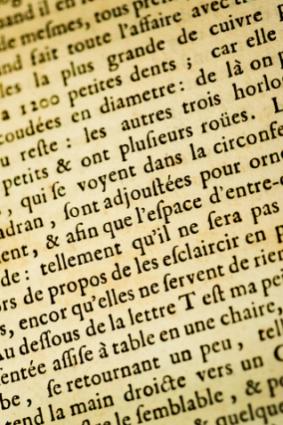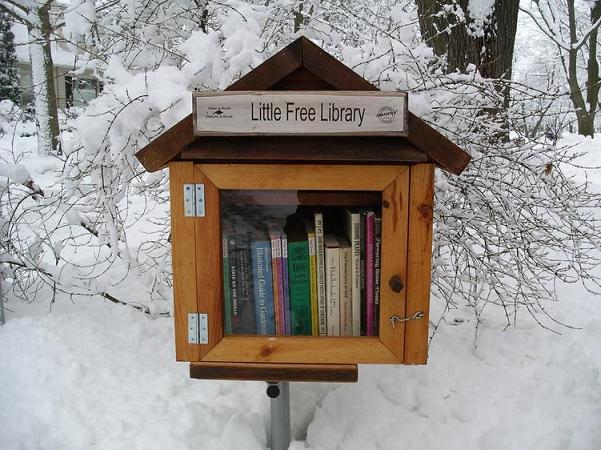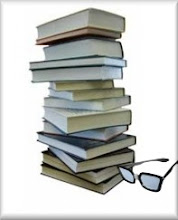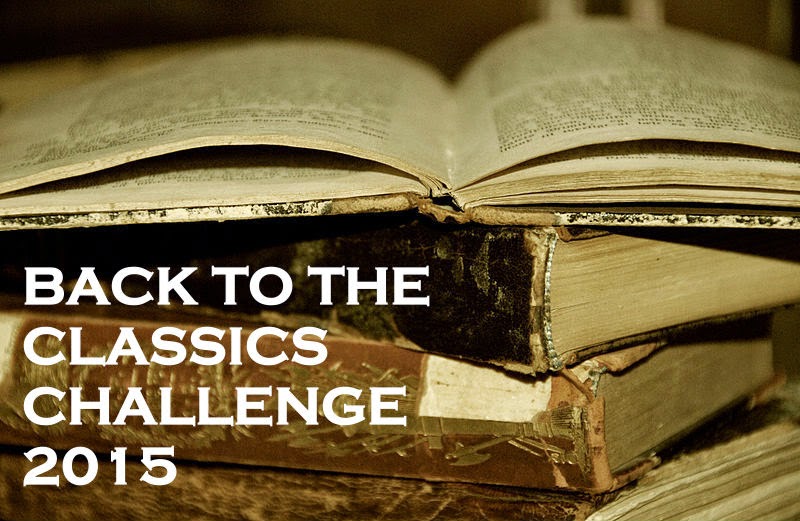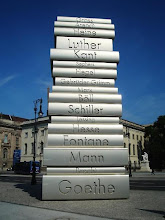Visit my ancestor's native town of Ensingen, Germany
My father's side of the family arrived in America in the 1880s. Before that, the family lived in the small town of Ensingen in Baden-Wurttemberg, Germany. The town is 900 years old and has long been a wine making center of the southwest.
Learn to play the dulcimer
Variations of dulcimers (meaning "sweet song") are found all over the world. The hammered dulcimer is especially popular in many cultures. The one I want to learn is often called the "Mountain Dulcimer" and its roots are found in Appalachia. Though I don't really have any background in playing music, this is an instrument I'd love to try. Listen to one here
. Ring in the New Year in Times Square
There is perhaps nowhere more iconic to spend New Year's Eve than in Times Square. Watching the ball drop and the confetti fall is a part of every American's celebration. Just once, I'd love to celebrate in person with millions of other people, hearing the strains of "Auld Lang Syne" promptly followed by "New York, New York".
Have a Middle Earth marathon
This one is kind of different, but it is one that my entire family wants to do. We want to sit down and watch all three "The Hobbit" films immediately followed by all three "Lord of the Rings" films. Geeky? Yes, but also worth it!
Walk the Camino de Santiago
Following an ancient pilgrimage route along Spain's northern coast, this trip has become very popular in recent years. It takes about 4 weeks, and can be done high class or "roughing it". This idea of combining immersion in Spanish culture with a spiritual aspect is very appealing to me.
See a play at The Globe
This is something I wanted to do when I was in London but didn't have the opportunity. This is seeing Shakespeare as it was meant to be seen.
Visit the Bronte Parsonage Museum
I love the Bronte sisters, and the very idea of seeing the house where they grew up and where their imaginations were fed makes me giddy. Combine this with standing on the Yorkshire moors and I think I would die from emotional overload.
Have a home library
Right now, my books are crammed in any available space. One day, I hope to have a room dedicated to my collection. With a window seat, of course.
Become a certified genealogist
I have been obsessed with genealogy for years and I hope to one day become a certified genealogist and do some freelance work.
Become fluent in French
I have long loved to study language and French is by far my favorite. Though I only have a basic vocabulary now, I'd love to become fairly fluent in it. Guess that means I'll just have to move to Paris!
At this point I'm supposed to tag some people. I don't have that many indvidual bloggers that I interact with, so I am going to go with hopeinbrazil at Worthwhile Books. And to anyone else who would like to participate, jump in and link to your post in the comments!









